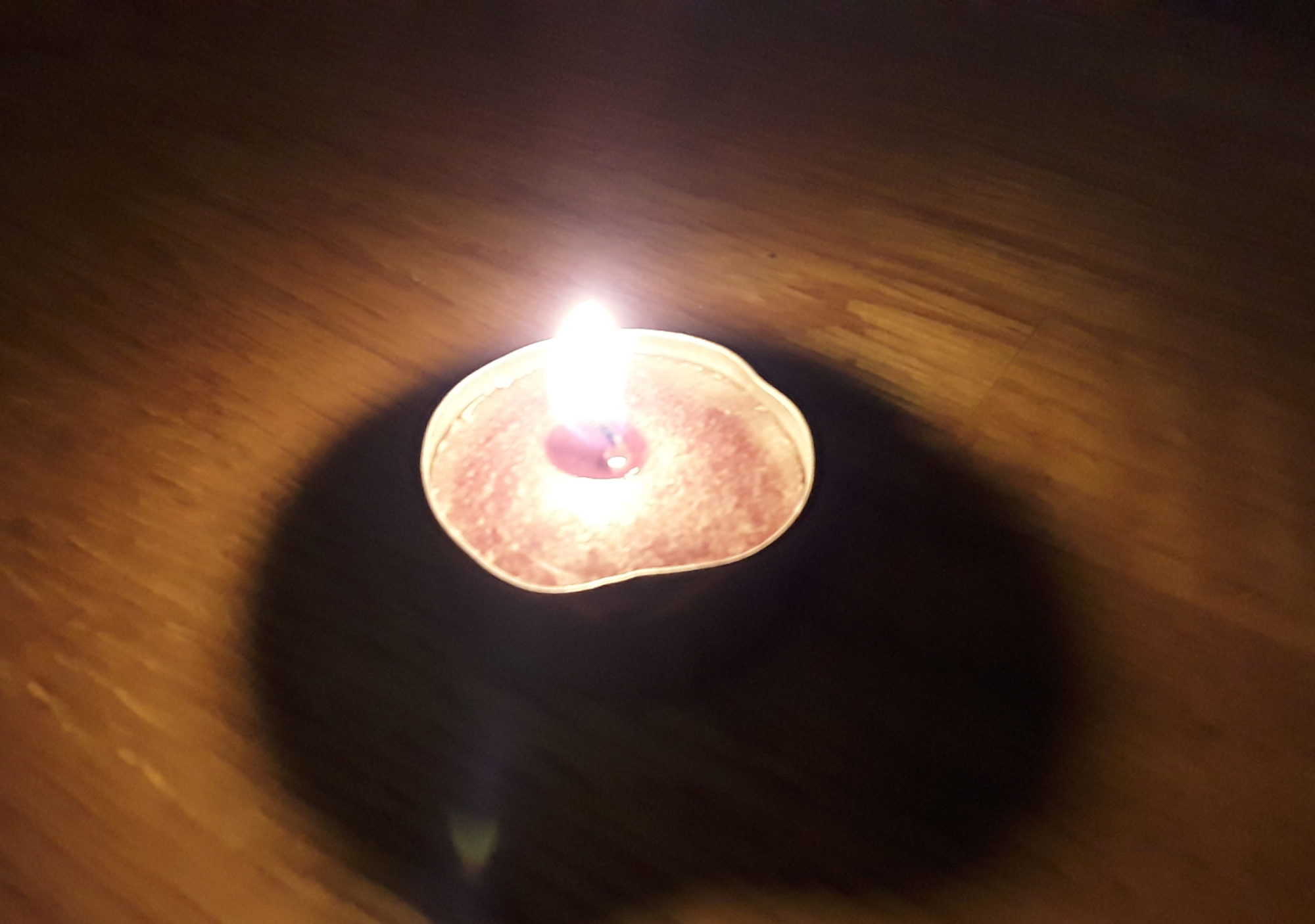In my Christian tradition we entered the season of Epiphany this past Sunday. This season is marked with many revelations and will bring us in a month or so to the season of Lent, another season of preparation. In the meantime however, it is time to discover and to celebrate our discoveries. One discovery that I had lately was in the midst of reading, and was about the stories that we each have to tell. While part of my personal education and interest is to read — I seem to often have not only my nose, but my whole head buried in a book — I realized that often in stretching for knowledge I rarely read something that speaks to my heart.
A book that was recently given to me was “Carry On Warrior: The Power of Embracing Your Messy, Beautiful Life” by Glennon Doyle Melton. At the outset I was not overly taken with the book, but it being a New York Times #1 bestseller, as well as a gift, made me determined to get through it. While I am not particularly interested in the beginning of the book, which focused on the more autobiographical details of Melton, I could not help but be intrigued by the authenticity as well as the hilarity of the book. “Carry On Warrior” focuses on Melton’s life of being a woman, a mother, a wife and a Christian. The books reminds and inspires the reader to live their religion on their sleeve, to be who they are even if it does not fit the traditional mould. The frankness with which Melton writes, encourages one to objectively and frankly to consider oneself, has certainly caused me to step back. Melton does not write from a place of having the answers, but of trying to work out the answers the best she can in her personal life. For me it was a good reminder that often religious discussions are not about the average person. Religion in many ways has remained with “the educated” devaluing those who may not have had the same formal education (think of Mass prior to Vatican II or Protestantism prior to the Reformation). While I am not quite as familiar with religions outside of Christianity to mention points, religions typically have personnel that are deferred to. These persons may have knowledge that we do not have, and be trained in ways that we are not, however that does not discount the lived experience. It is their responsibility to enlighten us with knowledge, and to help guide us to apply religious principles within our own lives. However, it is our experiences that make that knowledge worth knowing. Many religious books are about helping us understand the original texts, however that is only half of a religion; the other half is the lived experience. Melton’s experience of muddling through the bible and other theological works while being realistic about her own shortcomings is inspiring, even if her approach to writing is a bit shocking initially. Therefore I would invite you to consider the book, but if you are considering the book I would encourage you to commit to reading it in it’s entirety. It is only in its entirety that the experience and struggles of Melton can be fully appreciated, and offered as a gift for the reader to accept.
